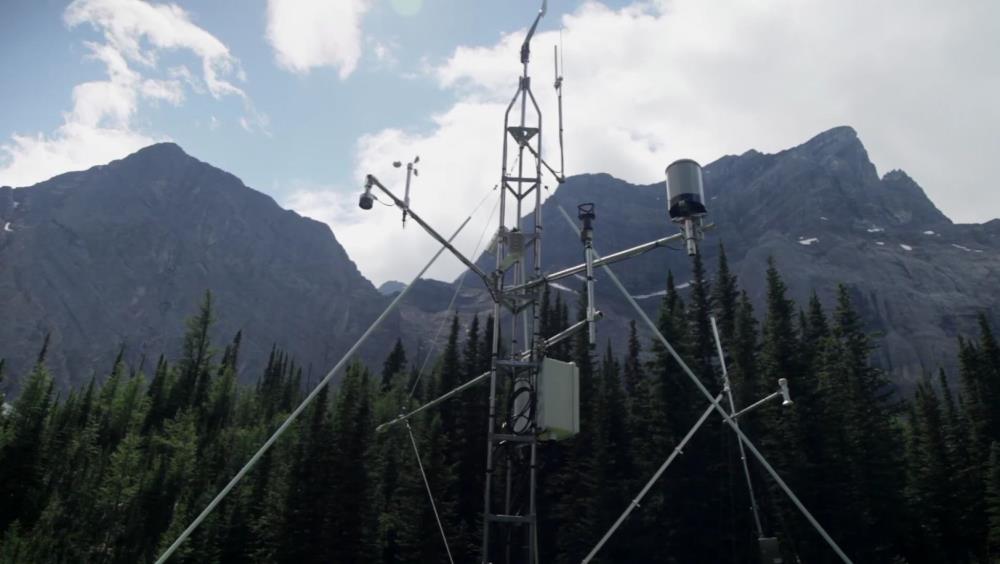
Related items loading ...
Section 1: Publication
Publication Type
Conference Presentation
Authorship
Keshavarz, K., Pietroniro, A., Eythorsson, D., Ahmed, M. I., Coderre, P., Knoben, W., Clark, M., and Gharari, S.
Title
Streamlining configurations of process-based models through extensible and free workflows
Year
2025
Publication Outlet
Streamlining configurations of process-based models through extensible and free workflows, EGU General Assembly 2025, Vienna, Austria, 27 Apr–2 May 2025, EGU25-13604
DOI
ISBN
ISSN
Citation
Abstract
High-resolution and high-complexity process-based hydrological models play a pivotal role in advancing our understanding and prediction of water cycle dynamics, particularly in ungauged basins and under nonstationary climate conditions. However, the configuration, application, and evaluation of these models are often hindered by the intricate and inconsistent nature of a priori information available in various datasets, necessitating extensive preprocessing steps. These challenges can limit the reproducibility, applicability, and accessibility of such models for the broader scientific user community. To address these challenges, we introduce our generalized Model-Agnostic Framework (MAF), aimed at simplifying the configuration and application of data-intensive process-based hydrological models. Through a systematic investigation of commonly used models and their configuration procedures, we provide workflows designed to streamline the setup process for this category of hydrological models. Building on earlier efforts, this framework adheres to the principle of separating model-agnostic and model-specific tasks in the setup procedure of such models. The model-agnostic workflows focus on both dynamic datasets (e.g., meteorological data) and static datasets (e.g., land-use maps), while the model-specific components feed preprocessed, relevant data to the hydrological models of interest. Our initial prototypes of MAF includes recipes for various static and dynamic datasets and also tailored model-specific workflows for MESH, SUMMA, and HYPE process-based modelling frameworks. We demonstrate the effectiveness of these novel workflows in reducing configuration complexity and enhancing the reproducibility of process-based hydrological models through test applications in high-performance computing environments. The framework automates numerous manual tasks, significantly saving time, and enabling continuity in research efforts. Moreover, by minimizing human error and enhancing reproducibility, this research has fostered collaboration with several Canadian government entities, leveraging sophisticated process-based models to address complex environmental challenges.
Plain Language Summary


 GWFNet
GWFNet Master
Master Data
Data Research
Research Map
Map
 Advanced
Advanced Tools
Tools
 . . .
. . .
 Metadata Editor
Metadata Editor
 Record List
Record List
 Alias List Editor
Alias List Editor
 Legacy sites
Legacy sites